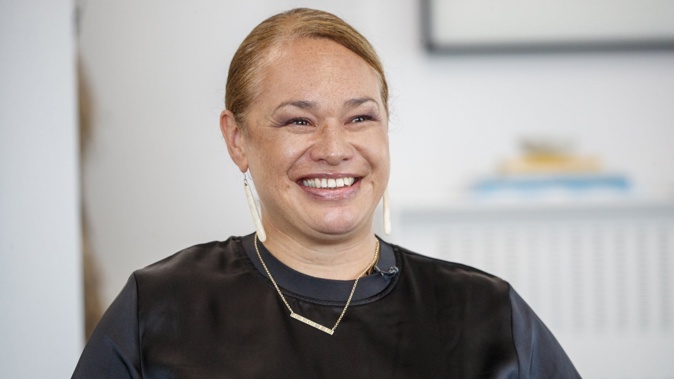PHOTO: FILE
Developers are offering various incentives to prospective buyers in the current sluggish real estate market.
Mortgage broker Vijay Gounder has noticed an increase in financial sweeteners for new build properties being offered to his clients. He explained that simply discounting properties could lower values for nearby homes in the same subdivision, whereas a cash back after purchase wouldn’t have that effect.
“The subsidy is a great way for them to protect the value of the property while still offering a discount and incentive to the buyer. It’s a win-win for both parties,” said Gounder.
He noted that in a soft market, some developers prefer to sell homes rather than have them sit empty, especially since loan-to-value ratio lending rules classify a new build as no older than six months and bought directly from the developer.
“When it approaches the six-month mark, developers start to panic and offer significant incentives to ensure the properties are sold because of holding costs,” Gounder added.
In July, Fletcher Living announced a $10,000 grant toward deposits for people buying the company’s homes in Auckland or Canterbury. Developer Jalcon offered a subsidy for interest rates for apartments in its Owairaka Collection earlier this year, while Avant Group is providing interest rate subsidies or grants for moving costs for its developments in Auckland’s Mt Roskill and Wiri. CETA Homes is offering a cash back deal for some of its properties.
CETA Homes director Jason Donnelly said his company isn’t offering incentives out of desperation but has always aimed to attract first-time homebuyers. “Initially, when Kāinga Ora offered the shared equity scheme or the Home Start Grant, we would direct buyers to those options. We might offer a cash back or partner with other shared equity groups like the Housing Foundation or You Own,” he said.
Donnelly acknowledged it’s a challenging time to buy property due to the loss of the First Home Grant and the economic impact of high interest rates and job losses. “Buying a home for the first time can be daunting, especially with the current negative economic pressures,” he noted.
CoreLogic chief property economist Kelvin Davidson observed that new construction activity has decreased significantly. “At the peak, we had about 51,000 new dwelling consents annually. Now, that number has dropped to less than 35,000,” Davidson said.
Davidson suggested that buyers should consider existing properties as well. “In a buyer’s market, you might find a good deal on an existing property without having to look at new builds,” he advised.
Economists predict that the Reserve Bank may lower interest rates when it reviews the OCR on 14 August, which could provide some relief for the housing market.
Editor’s note: Katie Fitzgerald received an incentive from the developer when she bought her home.
SOURCE: RNZ











